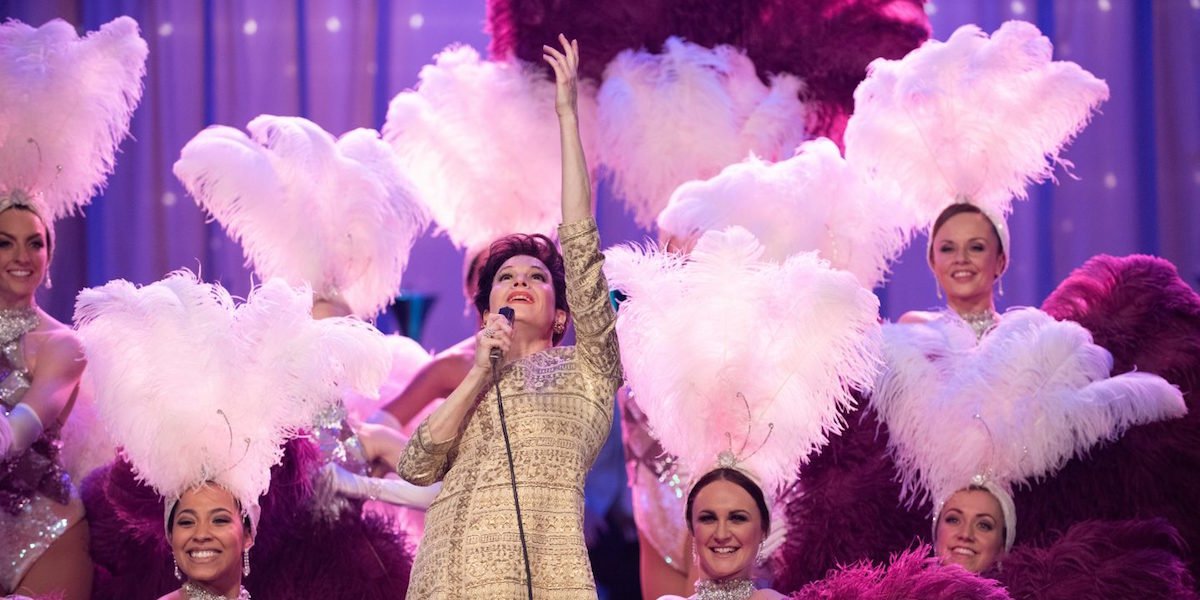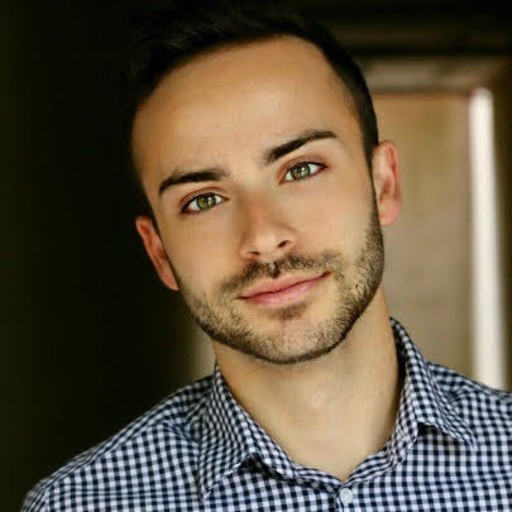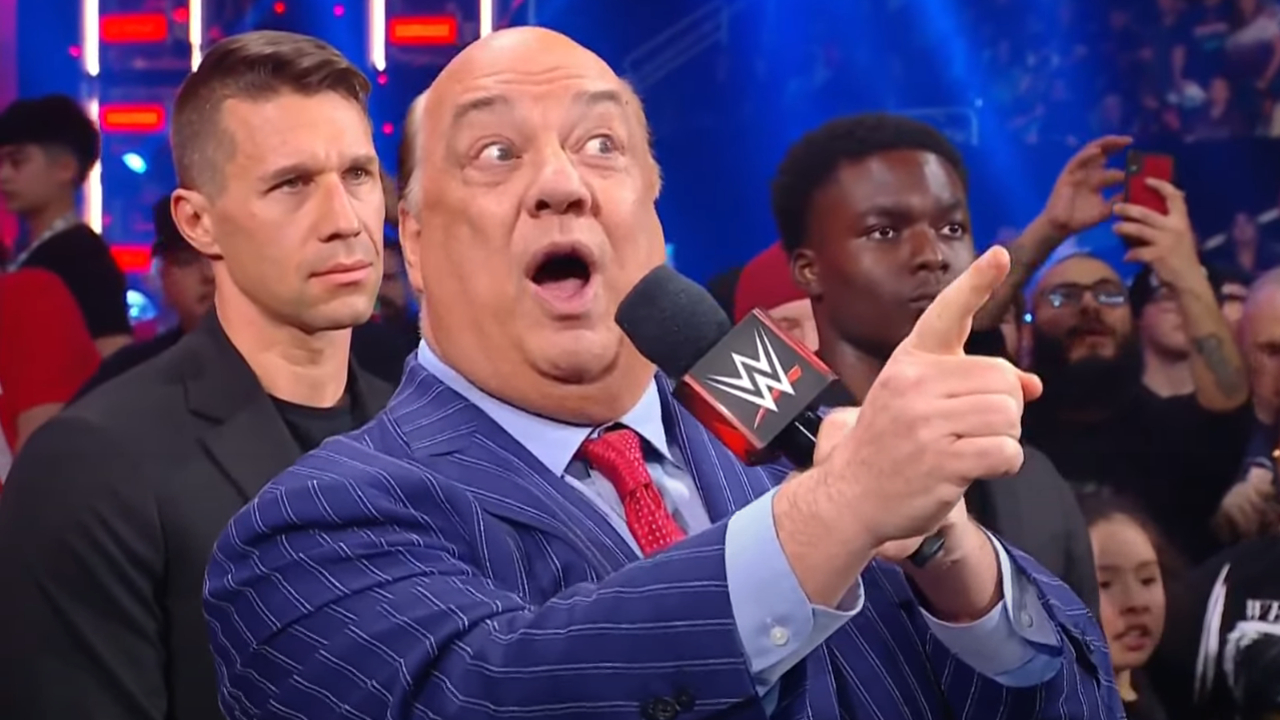How Judy Was Inspired By A Bunch Of Angry, Tragic Recordings By Garland

We may be a few months away from Awards Season, but there is already some solid buzz surrounding certain performances. Joaquin Phoenix has been praise for his role in Joker, while both Willem Dafoe and Robert Pattinson's names have been tossed around for The Lighthouse. Early reviews indicate that Renee Zellweger might have a chance at a Best Actress nomination thanks to her tour-de-force performance in Judy. And it turns out that real-life recordings of Judy Garland really shaped the movie's script.
Judy's screenplay was written by Tom Edge, who had previously worked on Netflix's The Crown. He was tasked with adapting Peter Quilter's play End of the Rainbow, while also providing additional content to flesh out the story. And it turns out, he was especially inspired by certain dark tapes of Judy Garland during this tumultuous time in her life. Edge recently spoke to their impact on his work, saying:
She was commissioned to write her biography and kind of endlessly missed the deadline, so they ended up bringing her a tape recorder, and said, essentially, ‘Look, just press play and start talking, and we’ll type it up.’ She made a start at it, but on some of them she sounds like she was in quite an awful condition. And you really hear the deep-seated anger in some of those at the way that she feels she was exploited and let down.
Judy is set during the end of Garland's life, in a time where the legendary singer/actress was struggling financially. The money from her years at the studio was all gone, and she was essentially homeless. This is what inspires her to take on her residency across the pond, hoping to earn enough money to buy a house for her family.
Given how popular Judy Garland remains and how many iconic performances she gave on the big screen, it's hard to imagine her struggling for money. But she never got the chance to crawl out of that financial hole, with daughter Liza Minelli and friend Frank Sinatra helping to pay her debts.
Related: Judy: How Accurate Was The Judy Garland Biopic?
Later in his conversation with Vanity Fair, Tom Edge revealed that the tapes of Judy Garland echoed this same sense of disbelief. As he put it,
There’s a really palpable sense [that] she can’t quite believe that she’s been working since she was two years old, and she held this studio movie career, and was a well-paid actor…. Her whole life she has worked and worked and worked, [yet] she finds herself $4 million in debt to the IRS. They are hard to listen to, honestly, because there’s so much fury there mixed in with just an incomprehension of how all this is coming to pass.
Well, that's certainly heavy, and was no doubt illuminating during the writing process of Judy. Rupert Goold's musical biopic tells the story of the Judy Garland fans might not know, decades after Dorothy Gale clicked her ruby slippers. Luckily, Goold and Tom Edge balance this sad part of Garland's life, with the iconic singer's ability to spark joy and hope to those around her. And her dark childhood at the studio is fleshed out through flashback sequences.
Your Daily Blend of Entertainment News
It'll be interesting to see what Judy's awards chances are. Renee Zellweger seems like a shoe-in for a Best Actress nomination, as she was able to transform her body and voice to become Judy Garland. But it's still early, and plenty of projects will come to theaters in the months before the Oscars happen.
Judy is still in theaters now. Be sure to check out our 2019 release list to plan your next trip to the movies.

Corey was born and raised in New Jersey. Graduated with degrees theater and literature from Ramapo College of New Jersey. After working in administrative theater for a year in New York, he started as the Weekend Editor at CinemaBlend. He's since been able to work himself up to reviews, phoners, and press junkets-- and is now able to appear on camera with some of his favorite actors... just not as he would have predicted as a kid. He's particularly proud of covering horror franchises like Scream and Halloween, as well as movie musicals like West Side Story. Favorite interviews include Steven Spielberg, Spike Lee, Jamie Lee Curtis, and more.
